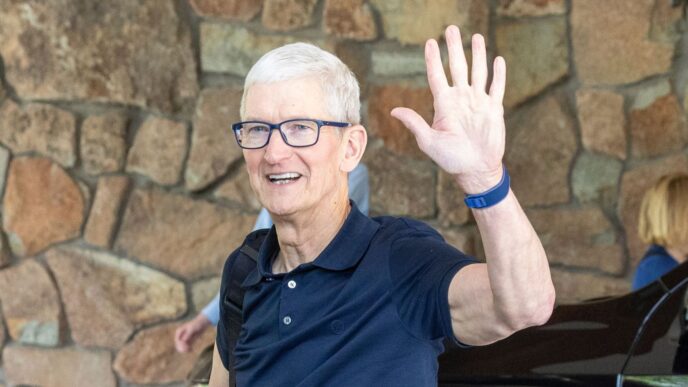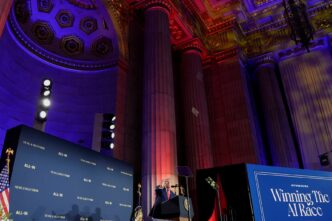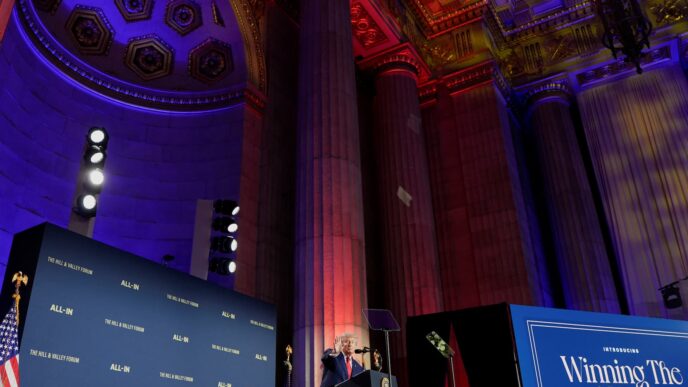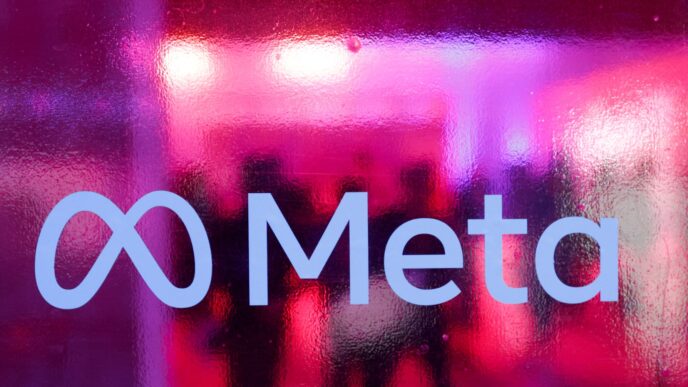Sweco is using AI to redesign city planning and infrastructure.
Shah Muhammad, who leads AI Innovation at the design and engineering firm, says AI is helping his team run thousands of simulations on traffic, pollution, and energy use before construction starts. This fast data crunching lets planners find better ways to build neighborhoods and public spaces.
The key? Reliable, standardized data. Sweco makes sure all project data is clean and compatible across tools so AI models work smoothly and predict real-world conditions, which are often messy.
Shah points out AI’s role in sustainability with projects that include protecting biodiversity by identifying endangered species in development areas.
“AI is revolutionising urban design and infrastructure planning at Sweco by optimising processes, enhancing decision-making, and improving sustainability outcomes,” Shah Muhammad stated.
“It allows us to analyse vast amounts of data, simulate various scenarios, and create more efficient and resilient urban environments.”
“The biggest challenge in applying data-driven models to physical environments is the complexity and variability of real-world conditions,” Shah added.
“Ensuring that models accurately represent these conditions and can adapt to changing conditions is crucial.”
“To ensure data quality and interoperability across projects, we implement rigorous data governance practices, standardise data formats, and use interoperable software tools,” Shah said.
“There are many projects where AI has made a measurable impact on sustainability, making it hard to single out one,” he reflected.
“However, if I were to choose, I would highlight a project where AI was used to preserve biodiversity by identifying endangered species and providing this information to researchers.”
Shah sees predictive analytics and automation as the next AI breakthrough in architecture, engineering, and construction. Early problem detection and routine task automation could cut costs, improve safety, and free up talent for higher-level design work.
Shah will discuss this further at the AI & Big Data Expo Europe in Amsterdam on September 24-25, 2025.














